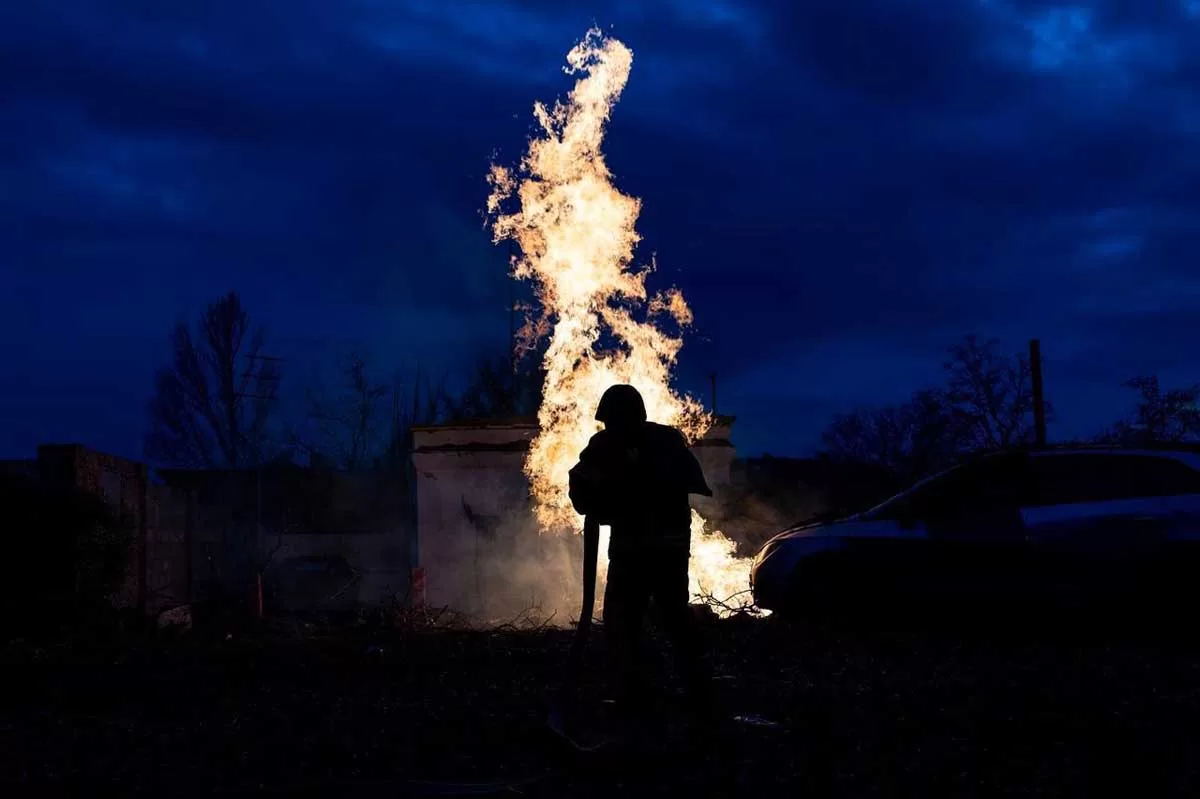Acting a responsible power, China has maintained that the international peace conference needs to meet the three important elements as stated. Here is my self-interpretation of the three elements. First, the peace conference usually aims to achieve a fair and decent peace benefiting each side. Thus, it should be recognized by Russia and Ukraine, yet, the latter has been backed up by the U.S.-led NATO in all means to make Russia suffer “a strategic defeat and beyond”. Second, the participants of the conflict should be treated equally and fairly. Yet, it seems that the peace conference aims to create a scenario that Russia looks like a defeated state while isolating diplomatically. Third, the agenda of the peace conference should fairly discuss the issues such as how to rebuild a sustainable peace and mutual trust other than making efforts to humiliate any side.
In the classic sense, diplomacy which aims for peace is possible only in the scenario where all sides want to adjust their divergences through sincere negotiation to reach “general consensus”, as what Henry Kissinger argued for 70 years. Given this, China acts out of its ancient wisdom that without fair and sincere discussion of all peace plans, the peace meeting can hardly play a substantive role for restoring peace. In a word, it is obvious that the three elements proposed by China are fair, legitimate and do not target any party. Recently, the Common Understandings on Political Settlement of the Ukraine Crisis jointly issued by China and Brazil highlighted the universal concern of the international community, especially the members of the Global South.
For sure, there are different voices on the Ukraine issue in China. For example, one scholar argued in his commentary for the Economist that Russia would fail in the war due to the four reasons: 1. Ukrainian people are united to fight until the last one; 2. the NATO is overwhelming over Russia alone; 3. Russia is a dwarf economically and also poor in high-tech war; 4. a possible change of regime in Moscow in terms of history. This scholar and many others alike are basically trained in Chinese history and also lack the necessary regular study of international affairs in Europe and the United States. There is no question that they have toured many countries in both the West and the East for “the field study” or attending the conferences, but there is also short of the evidence of accepting any sort of strict training in European diplomatic history, international politics, foreign policy-making strategy and public law in world system. It is self-evident that with no the interdisciplinary training in diplomacy, IR theory and law, how could anyone be qualified to present his/her balanced opinions on the root reasons of the conflicts in Ukraine, in the Middle East and other regions.
It is true that the scholars (if you like to call them) in China have always talked of the international relations in general and the U.S. foreign policy in particularly according to the Declaration of Independence, President Wilson’s 14-point doctrine and de Tocqueville’s discourse on America and Russia in his book of “Democracy in America”. This is the reason why they prefer seeing the war in Ukraine and the Gaza as the fighting between the democratic force and the dictatorship. On the issue in Ukraine, it is ridiculous for scholars to talk the war without exploring the root reasons of the crisis. To be honest, they have no idea of the numerous agreements and charters signed between the NATO and Russia (including the former USSR). As a matter of fact, all the legal documents included the “general consensus” on security indivisibility in foreign affairs.
Given this, China reiterates that since there is an apparent gap between the meeting’s arrangement and what China stands for as well as the universal expectation in the international community, thus China is hardly able to take part in the meeting and has informed relevant parties of its consideration and concerns. Yet, China will continue to promote talks for peace in its own way, maintain communication with all parties concerned and jointly accumulate conditions for the political settlement of the Ukraine crisis. At the same time, China vows to commit itself to promoting peace and has not provided weapons to any side of the conflict.
As a responsible rising power, China opines that all efforts conducive to the peaceful resolution of the Ukraine crisis should be supported, and it is certain not against the summit as said. In effect, whether or not China participates in the conference is based solely on its own judgment of the conference. Given that the U.S.-led NATO in general do not genuinely wish to see a ceasefire, China appeals to the world community that all the efforts should be made to promote a ceasefire and end the fighting rather than like the U.S. and a few NATO members having added fuel to the flame and even profiteered from the conflict.
